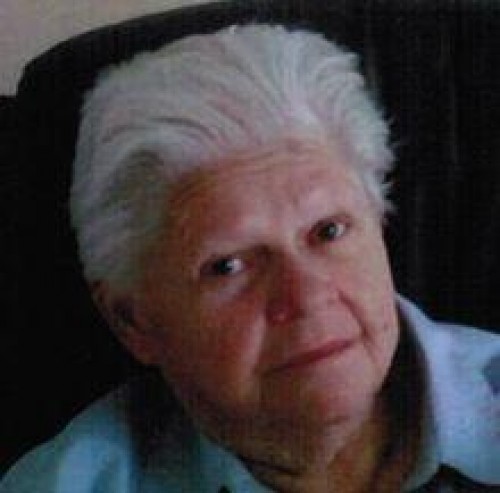
Rena Picou Trevathan
July 12, 2011
Jeanne R. Lefort
July 14, 2011Behind every new car dealership, accompanied by office buildings, maintenance garages and billboard advertisements, is an independent used car lot, with cars, gravel and flags. Stereotypically, the contrast couldn’t be greater.
But don’t be fooled by aesthetics. National data quantifying the independent used car industry showed growth in 2010 and the potential for more in coming years.
It just so happens that local dealers haven’t been able to replicate the national success.
Independent dealers wrestled away the largest share of the nation’s used car market in 2010 with 35.3 percent, a 2.3 percent increase from 2009, and topped franchise dealers for the first time in “many years,” according to CNW Market Research figures and the NIADA report.
The average transaction price increased by 4 percent from 2009 to 2010, after a 6 percent increase the year prior, and used vehicle sales reached $37 million in 2010, according to the NIADA.
Locally, Houma’s independent dealerships haven’t been as fortunate. Bayou Motors owner Bryant Cole said his sales are down 50 percent, a perplexing amount without a known cause. “I wish I knew the answer.”
Melissa Wyman, who owns Melissa’s Auto Sales and whose average transaction is between $6,500 and $13,000, said her advertisements aren’t drawing responses.
Over the past two and a half years, Wyman’s inventory dwindled from 50 to 10 vehicles after her son left the family business to enroll in college and she began to pursue other ventures. She has been in the used car business for 25 years.
The federal government-run “Cash for Clunkers” program was when Wyman said she first began to notice a downturn in the local industry. Instead of resale, the dealers who were spending stimulus dollars on clunker-classified trade-ins had to demolish the automobiles they accepted.
“The vehicles that were still usable for people that normally buy used vehicles, and they had to crush them,” Wyman said. “They couldn’t sell them. That hurt us a whole lot, and I know I’m not the only one that hurt.
“I haven’t seen increased business at all.” She added that she sold four vehicles in June.
Kenny Duplantis, owner of N & N Auto Sales on West Main Street, said after a brief spike in sales after the BP Deepwater Horizon oil spill and subsequent cash infusion into the economy, business has been down.
“It’s just a little slower than normal,” Duplantis said. “I don’t know why it’s slow like it is.”
The lack of business has created an overstocked atmosphere. Inventory on the local lots is up, and dealers said prices at the auction block are coming down. “It’s a buyer’s market to me,” Duplantis said, speaking of both retail and auction sales.
After at least five years of decline in the number of national independent dealers, last year brought a 4-percent increase to 37,717 open dealerships. Still, the 2010 figure is 24 percent less than the almost 50,000 dealers registered in 2004, according to CNW.
Houma, a crowded market for used car sales, has at least 16 independent dealerships. Eleven dealers are registered with the NIADA, and Duplantis owns five that are not.
“I see some dealers coming in and staying in the dealership for two years and then getting out,” Wyman said. “I kind of feel like that’s giving the used car business a bad name.”
Keith Songe, of Songe Motors, acknowledged the quantity of dealerships, saying there’s a dealership “on every corner.” He said Songe Motors, which has been around for 47 years, sells lower-end vehicles to avoid more competition.
“We don’t try to carry anything too expensive, because then you’re in competition with the new car dealerships,” Songe said. He added that average sales at his dealership range between $4,000 and $5,000.
Songe said from a scale of 1 to 10, his dealership is about at a 7, with income tax season being a 10. It’s far from devastating, but it is slow, he said.
It’s not that the amount of local dealerships has grown exponentially and caused the used car sales slowdown. When the rate of sales is humming along, Duplantis said, “There is enough business for everybody.”
Sales numbers for new car dealerships have increased, and while the national independent used car economy has shown signs of growth and prosperity, it hasn’t been the case for local independents.
“Now we’re just going to have to sit and wait and probably quit buying vehicles,” Duplantis said. “Not long ago, it was a shortage [in supply]. For quite a few years, there really hasn’t been a happy medium in the car business.”








